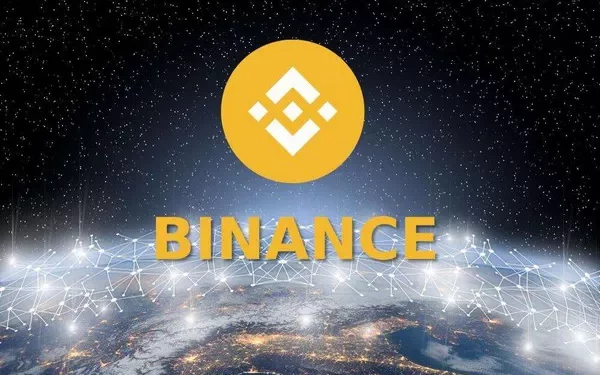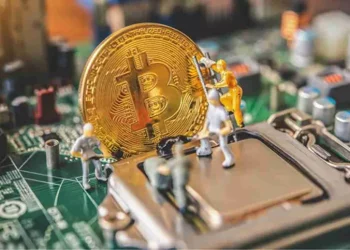Binance has announced that the market for tokenized real-world assets (RWAs), excluding stablecoins, has surpassed $12 billion. This growth has been predominantly fueled by the tokenization of U.S. Treasuries, with significant involvement from major financial institutions like BlackRock and Franklin Templeton, according to a Binance Research report released on September 13.
Key Insights from the Report
Market Growth: The total market value for tokenized RWAs has seen substantial growth, with tokenized U.S. Treasuries alone exceeding $2.2 billion. BlackRock’s BUILD Treasury product leads the category with approximately $520 million in assets, followed by Franklin Templeton’s FBOXX with $434 million. This surge occurred in less than five months, following the market’s first billion-dollar milestone in late March.
Impact of U.S. Interest Rates: Elevated U.S. interest rates have significantly contributed to the expansion of tokenized Treasuries. The yields offered by these instruments are attractive to investors seeking stable returns. However, the report also notes that potential rate cuts by the Federal Reserve could impact the attractiveness of yield-bearing assets like tokenized Treasuries. Despite this, significant rate reductions would be needed to substantially affect demand.
Broader Market Segments
In addition to Treasuries, the Binance Research report explores other segments of the tokenized RWA market:
Private Credit: Valued at approximately $9 billion, the tokenized private credit market still represents only 0.4% of the global private credit market, which was valued at $2.1 trillion in 2023. However, the market for on-chain private credit is growing, with active loans increasing by about 56% over the past year.
Tokenized Commodities and Real Estate: The report also touches on other types of RWAs, such as tokenized commodities and real estate, though specific figures for these segments were not detailed.
Risks and Challenges
Despite the growth, several risks associated with RWAs have been highlighted:
Centralization: Many RWA protocols are centralized due to regulatory requirements, raising concerns about control and transparency.
Third-Party Dependence: The reliance on off-chain intermediaries for asset custody adds layers of third-party involvement, potentially complicating the process.
Complexity vs. Yield: The complexity of these systems can sometimes overshadow the returns they offer, prompting questions about whether the operational challenges are worth the yields.
Privacy and Compliance: Privacy and compliance issues remain significant concerns. Zero-knowledge technology is emerging as a potential solution to balance regulatory demands with user autonomy.
The Binance Research report provides a comprehensive overview of the current state of the tokenized RWA market, highlighting both its rapid growth and the ongoing challenges it faces.
Related topics:
LayerZero Becomes BitGo’s Official Interoperability Protocol for WBTC
DeFi Advocates Argue for 1st Amendment Protections at U.S. House Hearing
Worldcoin Under Singapore Investigation for Alleged Illicit Account Sales

















